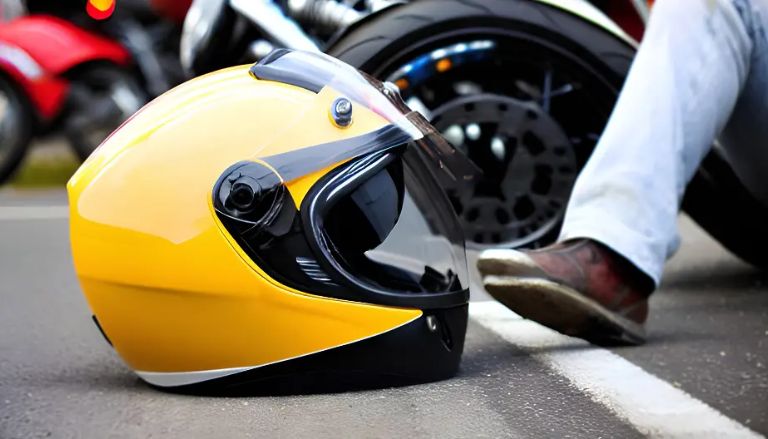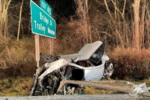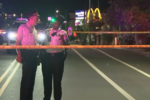As of 2025, Virginia enforces a universal motorcycle helmet law, mandating that all operators and passengers wear protective helmets while riding. This legislation aims to enhance rider safety and reduce fatalities and severe injuries resulting from motorcycle accidents.
Helmet Requirements
Under Virginia Code § 46.2-910, every person operating a motorcycle or autocycle must wear a protective helmet. The law specifies that these helmets, along with any required face shields, safety glasses, or goggles, must meet or exceed the standards set by the Snell Memorial Foundation, the American National Standards Institute (ANSI), or the U.S. Department of Transportation (DOT).
In addition to helmets, operators are required to wear a face shield, safety glasses, or goggles unless the motorcycle is equipped with safety glass or a windshield. This ensures adequate eye protection against debris, insects, and adverse weather conditions.
Exceptions to the Helmet Law
While the helmet law is comprehensive, there are specific exceptions:
- Small-Wheeled Motorcycles: Operators and passengers on motorcycles with wheels of eight inches or less in diameter are exempt from wearing helmets.
- Three-Wheeled Motorcycles with Enclosures: Riders on three-wheeled motorcycles or autocycles that feature nonremovable roofs, windshields, and enclosed bodies are not required to wear helmets.
- Parade Participants: Individuals participating in organized parades authorized by the Department of Transportation or local authorities, accompanied by law enforcement, and traveling at speeds not exceeding 15 miles per hour, are exempt from the helmet requirement.
Legal Implications of Non-Compliance
Selling or offering for sale any protective helmet that does not meet the specified safety standards is unlawful in Virginia. Such an offense is classified as a Class 4 misdemeanor, carrying potential fines. However, the law states that failure to wear a helmet does not constitute negligence per se in civil proceedings. This means that while not wearing a helmet is illegal, it cannot be automatically used as evidence of negligence in personal injury lawsuits. Nonetheless, not wearing a helmet can have significant implications in the event of an accident, potentially affecting injury claims and compensation.
Safety and Statistical Insights
The enforcement of universal helmet laws in Virginia aligns with efforts to reduce motorcycle-related fatalities and injuries. According to the Insurance Institute for Highway Safety (IIHS), helmets are approximately 37% effective in preventing motorcycle deaths and about 67% effective in preventing brain injuries. These statistics underscore the critical role that helmets play in safeguarding riders.
Comparative Perspective
Virginia is among the 18 jurisdictions in the United States, including the District of Columbia, that enforce universal helmet laws for all motorcycle operators and passengers. In contrast, 29 states have partial helmet laws, typically requiring helmets for younger or novice riders, while three states—Iowa, Illinois, and New Hampshire—have no helmet requirements. This variation reflects differing legislative approaches to rider safety and personal freedom across the country.
Conclusion
Virginia’s stringent motorcycle helmet laws in 2025 reflect a commitment to rider safety by mandating protective gear for all motorcyclists. By adhering to these regulations and wearing helmets that meet recognized safety standards, riders can significantly reduce their risk of severe injury or death in the event of an accident. Understanding and complying with these laws not only ensures legal conformity but also promotes a culture of safety and responsibility among Virginia’s motorcycling community.







Leave a Comment